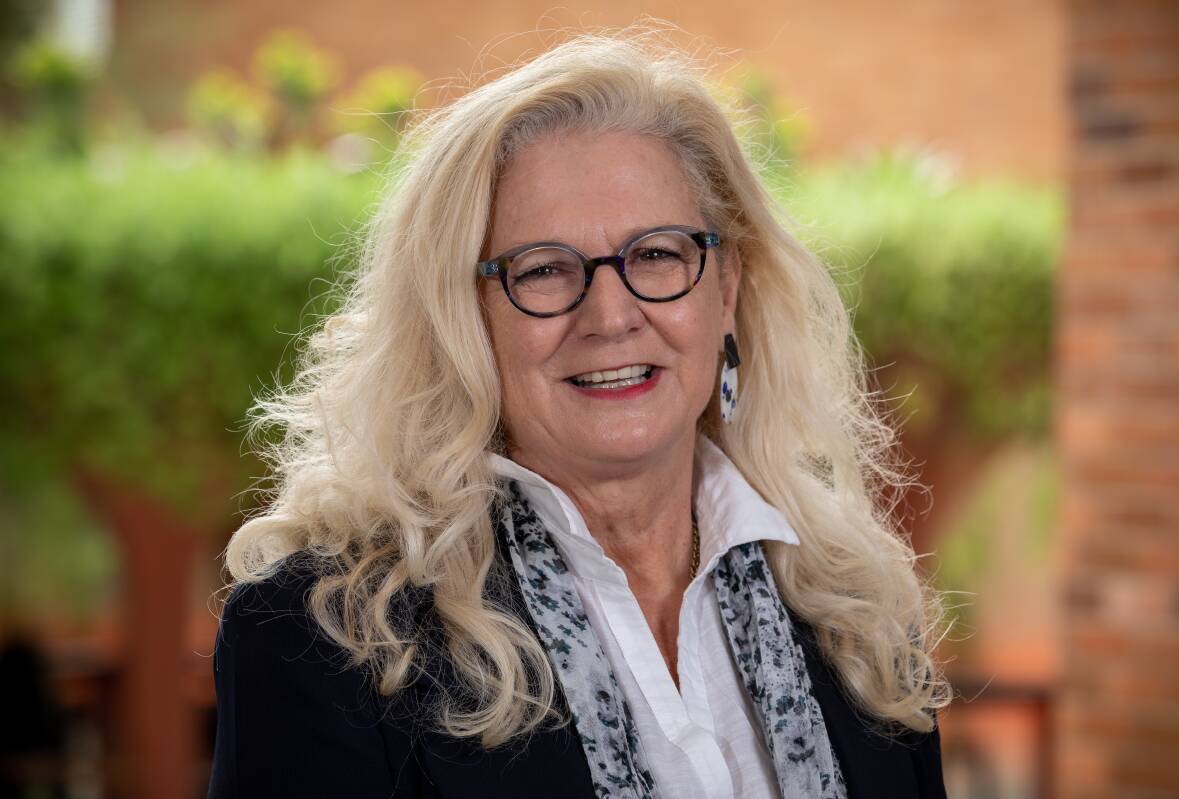
UNIVERSITIES that provide initial teacher education (ITE) should have been invited to the first face-to-face meeting in a year of federal and state education ministers, where they will discuss workforce shortages.
NSW Council of Deans of Education and University of Newcastle Head of the School of Education Professor Susan Ledger said initial teacher educators deserved a seat at the meeting's roundtable discussion, which will include principals, teachers and other education experts.
"Unfortunately, even though policy recommendations highlight the need for partnerships between universities, schools and employment sectors, initial teacher education providers often do not get a voice," she said.
"This lack of voice is being replicated in the roundtable.
"This segmentation can be detrimental to the development of a whole of profession solutions approach to addressing current and ongoing issues impacting the teaching profession."
The Australian Education Union and the Independent Education Union of Australia have jointly called for a national plan to tackle what they describe as a "crisis".
The government's issues paper published before the meeting said the demand for secondary teachers would exceed the supply of new graduate teachers by around 4100 between 2021 to 2025.
It said shortages were due to multiple factors, including growth in student enrolments, declining ITE enrolments - annual commencements declined by eight per cent and completions declined by 17 per cent between 2017 and 2020 - and an ageing workforce.
It said drivers of shortages included the status of the profession, working conditions, ITE, skilled migration, difficulties recruiting teachers in areas of need, lack of diversity and COVID-19.
Professor Ledger said there were four long term strategic policy changes that could make a significant difference to teacher supply and quality.
The first was to recognise teaching as intellectually and emotionally challenging work and raise the status of the profession and public discourse.
The second was for policy decisions and discussions about the workforce to "embrace a more holistic and differentiated approach to the profession and also to children, teachers, schools, communities, teaching and assessment".
She said 30 per cent of students came through a non-ATAR pathway and there needed to be a targeted strategy for recruiting teachers from diverse backgrounds, genders and rural and remote areas.
"Regional, rural and remote [RRR] students are more likely to take up RRR placements," she said.
"[The University of Newcastle can] strengthen links with RRR centres and offer clear pathways in and out."
Students west of the Great Dividing Range needed specific support to transition into higher education, she said, because they were impacted by accommodation costs and general transition and transport issues and often isolated.
Fourth, she said, graduates needed greater, more systematic support when transitioning from study to school. "Mentoring is vital, particularly from high performing, empathetic teachers."
WHAT DO YOU THINK? We've made it a whole lot easier for you to have your say. Our new comment platform requires only one log-in to access articles and to join the discussion on the Newcastle Herald website. Find out how to register so you can enjoy civil, friendly and engaging discussions. Sign up for a subscription here.







